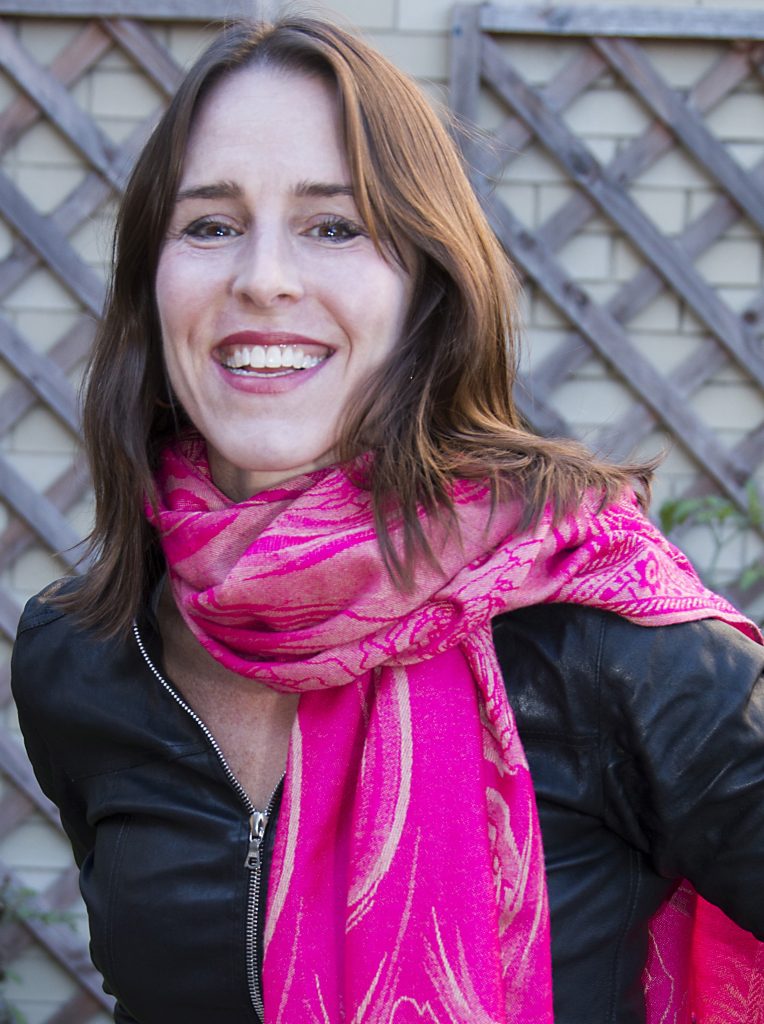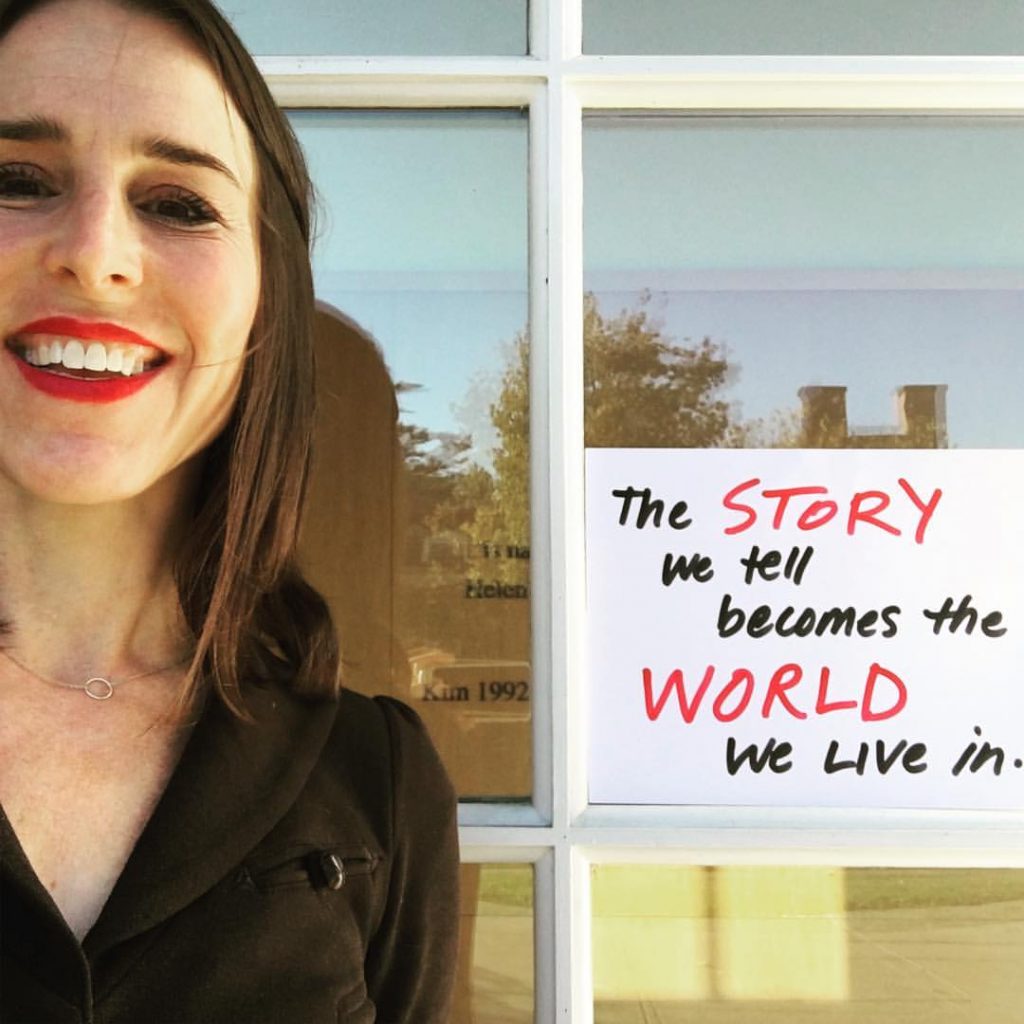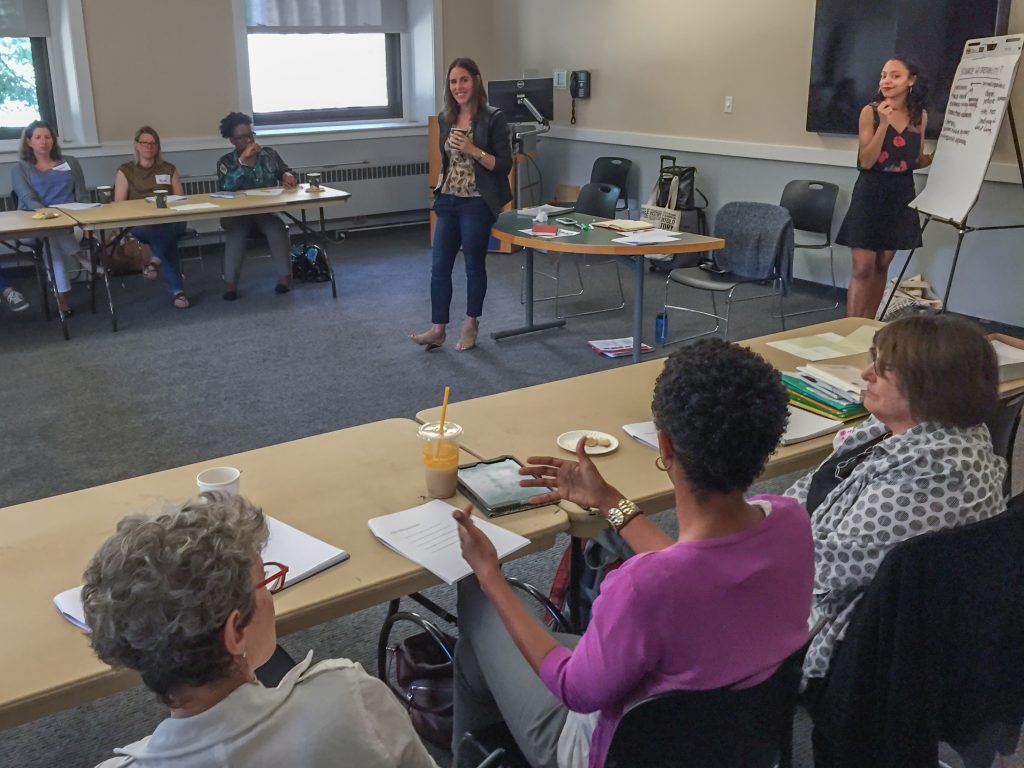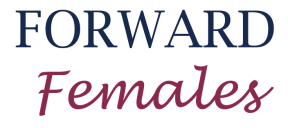
Katie Orenstein is the Founder and CEO of The OpEd Project. Working with universities, think tanks, foundations, nonprofits, corporations and organizations across the nation, The OpEd Project scouts and trains under-represented experts (especially women) to take thought leadership positions in their fields (through op-eds and much more); connects them with an international network of high-level media mentors; and vets and channels the best new ideas and experts directly to media gatekeepers across all platforms. Orenstein envisions a world in which the best ideas—regardless of where or whom they come from—will have a chance to be heard and shape society.
Why did you found the OpEd Project?
The range of voices we hear from in the world is incredibly narrow – and comes from a tiny sliver of the world’s population: mostly western, white, older, privileged and overwhelmingly male. Which means we’re hearing from only a small fraction of the world’s brains. That’s a big problem for women and for all of us who aren’t being represented – our ideas and perspectives are not being told.
Why isn’t everyone equally represented in the media?
We live in a culture that treats people differently. It’s a complex matrix of deterrence and incentive that’s unevenly distributed. For example, if you’re a woman that wants to be taken seriously, you have to present yourself as an expert and it negatively correlates with likeability. There’s high risk and low rewards. Women are also pulled in a lot of directions – they don’t have the time, the support and the resources that others have.
What advice do you have for women who want to get published?
The OpEd Project offers workshops and resources to help alter the way stories are told in the media. You can learn more here:
https://www.theopedproject.org/seminars/
https://www.theopedproject.org/oped-basics/

What do you say to people who want to get their voices out but don’t know what to say?
Everyone has a topic. The idea of expertise is very hierarchical. If you’re white, male, western, and went to Harvard you get more credit from our culture. There is a small group of thinkers who run things that others can’t touch. Everyone has knowledge and a right and responsibility to use it.
What is the long-term goal of The OpEd Project?
We want to change the culture of knowledge from a hierarchical culture to a democratic one. We’re all active participants.
What life experience has had the greatest impact on you?
I lived in Haiti in the 1990’s and it changed my worldview. [While in Haiti, Orenstein worked for the United Nations human rights mission, and with a team of lawyers helping Haitian victims of military crimes bring cases against the alleged perpetrators.] I witnessed that the majority of the population were not the ones telling their own stories – instead; others were reporting what was happening and it wasn’t always representative or accurate.

